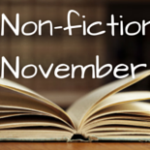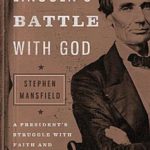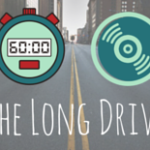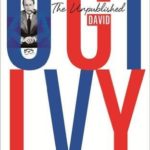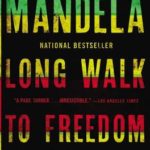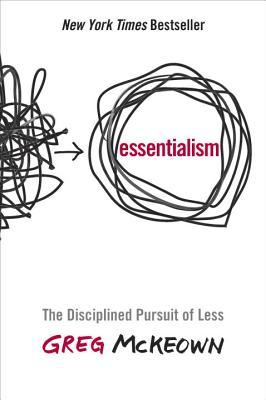 Feeling overworked is a common complaint amongst Americans. We spend more time at our desks than anyone else, yet most of us come home at the end of the day feeling like we didn’t really get much done.
Feeling overworked is a common complaint amongst Americans. We spend more time at our desks than anyone else, yet most of us come home at the end of the day feeling like we didn’t really get much done.
Greg McKeown’s Essentialism: The Disciplined Pursuit of Less is not another “productivity hacks” book; instead, it’s a handbook for helping you decide what in your life is absolutely essential so that you can contribute your finite energy to the things that actually matter most.
A good book…for someone else
While I enjoyed McKeown’s book, I found myself skimming a lot. After setting it aside for a few days and coming back to it, I’ve realized there’s two likely reasons it didn’t resonate.
I’m not the target audience
As I read I found myself repeatedly thinking, “I bet my boss would find that helpful.”
In my opinion Essentialism is meant more for a busy CEO who has both the overburdened schedule and the luxury of telling people she can’t do something they ask of her.
It’s simply not possible for me to tell a client or my boss, “I’m sorry, I’m not able to do that,” or “Which of my other projects should I drop in order to complete this one?” I can shift my priorities around, but I can never not do something I’ve been asked to do.
This realization was a little disappointing, but I hoped that I could still get some ideas for “essentializing” my personal life.
I’m already an Essentialist
The way of the Essentialist means living by design, not by default. Instead of making choices reactively, the Essentialist deliberately distinguishes the vital few from the trivial many, eliminates the nonessentials, and then removes obstacles so the essential things have clear, smooth passage.
This is going to sound like a total #humblebrag, but I already use most of the strategies discussed in Essentialism to streamline my life.
I’m a perfectionist who despises busywork and purposelessness, and looks for every opportunity to avoid stress and anxiety; if I hadn’t started using some of these strategies I’d have lost my mind years ago.
A few things I plan to try
Even though this book didn’t end up being ideal for me, there’s a couple new-to-me ideas of which I’m hoping to make a habit:
- If it isn’t a clear yes, it’s a clear no – If there’s an intern candidate I’m on the fence about or an invitation or idea I’m considering that I can’t quickly and cleanly say yes to, I’m going to drop it.
- Develop goals and stick to them – Knowing my goals makes it easier to say no to things that conflict with those goals (i.e., Saying no to a weekday get-together because I know getting good sleep is critical to my health).
- Avoid majoring in minor activities – Do I really need to spend time re-organizing my TBR list, or should I do something more important like spend time with friends?
These may seem like small things, but I think doing them consistently will have a positive effect on my stress and anxiety levels. I’ll fret less over things because I’ll have litmus tests on which to rely.
Want to become an Essentialist?
Then check out Greg McKeown’s book. It’s a fresh perspective on the productivity rat race into which we all seem to have entered ourselves, and even gave my purpose-obsessed brain something to work on.
How do you keep your focus on what’s essential?
(I read this book as part of Non-fiction November. Click the link to see posts from this and previous years!)

